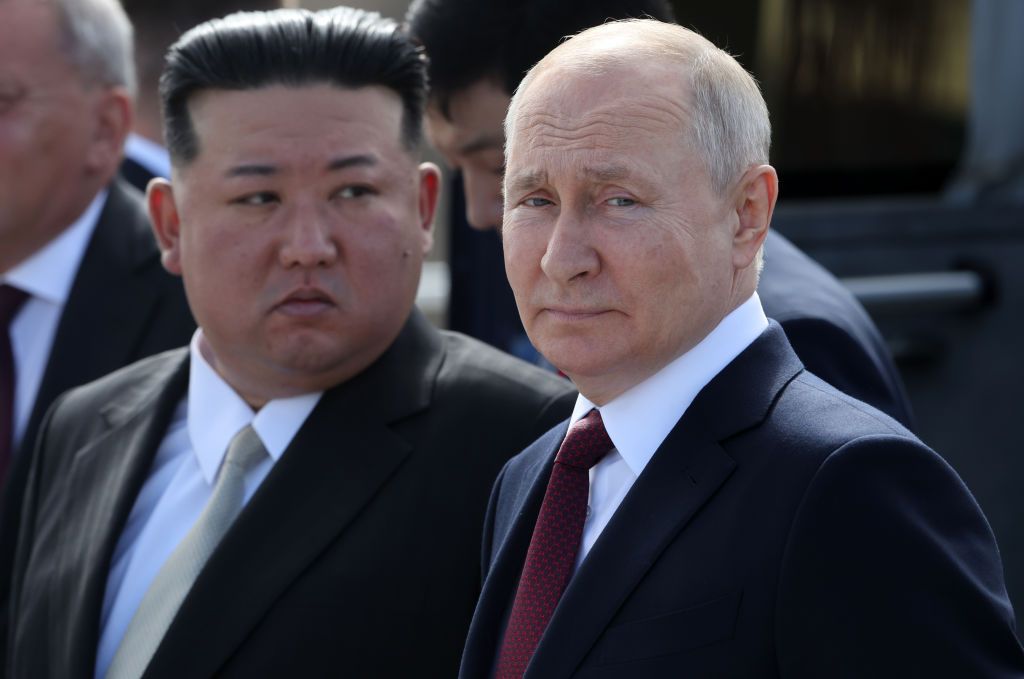Media: Russian transport agency proposes regular flights to North Korea

Russia's Federal Air Transport Agency has proposed that Russian airlines begin regular flights to North Korea in the latest sign of increasing ties between the two countries, Russian state-controlled media Kommersant reported on Nov. 20.
The agency reportedly sent the proposal to leading Russian airline companies Aeroflot and Aurora, who confirmed their "theoretical readiness."
“In the new foreign policy realities, Russia is forming new partnerships, the construction and development of which is not very comfortable without direct flights from Moscow," said Oleg Panteleev, head of the Aviaport aviation think tank, Kommersant reported.
The current primary way to reach North Korea by air from Russia is from the far-eastern city of Vladivostok on the state-owned North Korean airline Air Koryo, which only has two scheduled flights a week.
Unnamed experts cited by Kommersant believed that the proposed flights would mostly be of a business nature but added that a small increase in tourism was also possible. Tour operators who organized trips to North Korea did not receive a similar proposal to restore tours.
Flights from Russia to North Korea were suspended in 2020 due to the Coronavirus pandemic. The Vladivostok-Pyongyang flights resumed in August 2023.
Prior to the pandemic, regular tourism took place only with official tour operators. Kommersant said that such trips were rare, usually consisting of a group of 10-15 people every six months.
As of now, the proposed flights between Moscow and Pyongyang will still have a stop in Vladivostok, though there is a possibility for direct flights between the capitals in the future.
Nonetheless, traffic between Moscow and Pyongyang would be unlikely to exceed a few thousand people a year, an unnamed source told Kommersant.
Russia and North Korea signed a widely condemned arms deal in October, which Russia has denied.
U.S. National Security Council spokesperson John Kirby said on Oct. 13 that Russia had received shipments of North Korean weapons and ammunition following a meeting between Russian dictator Vladimir Putin and North Korean leader Kim Jong Un in September.
In addition, U.S. Defense Secretary Lloyd Austin said on Nov. 14 that he feared Russia's military cooperation with North Korea has increased, becoming a two-way street in which North Korea provides Russia with military hardware, such as artillery shells, in exchange for military technology to improve North Korea's long-range capabilities.












